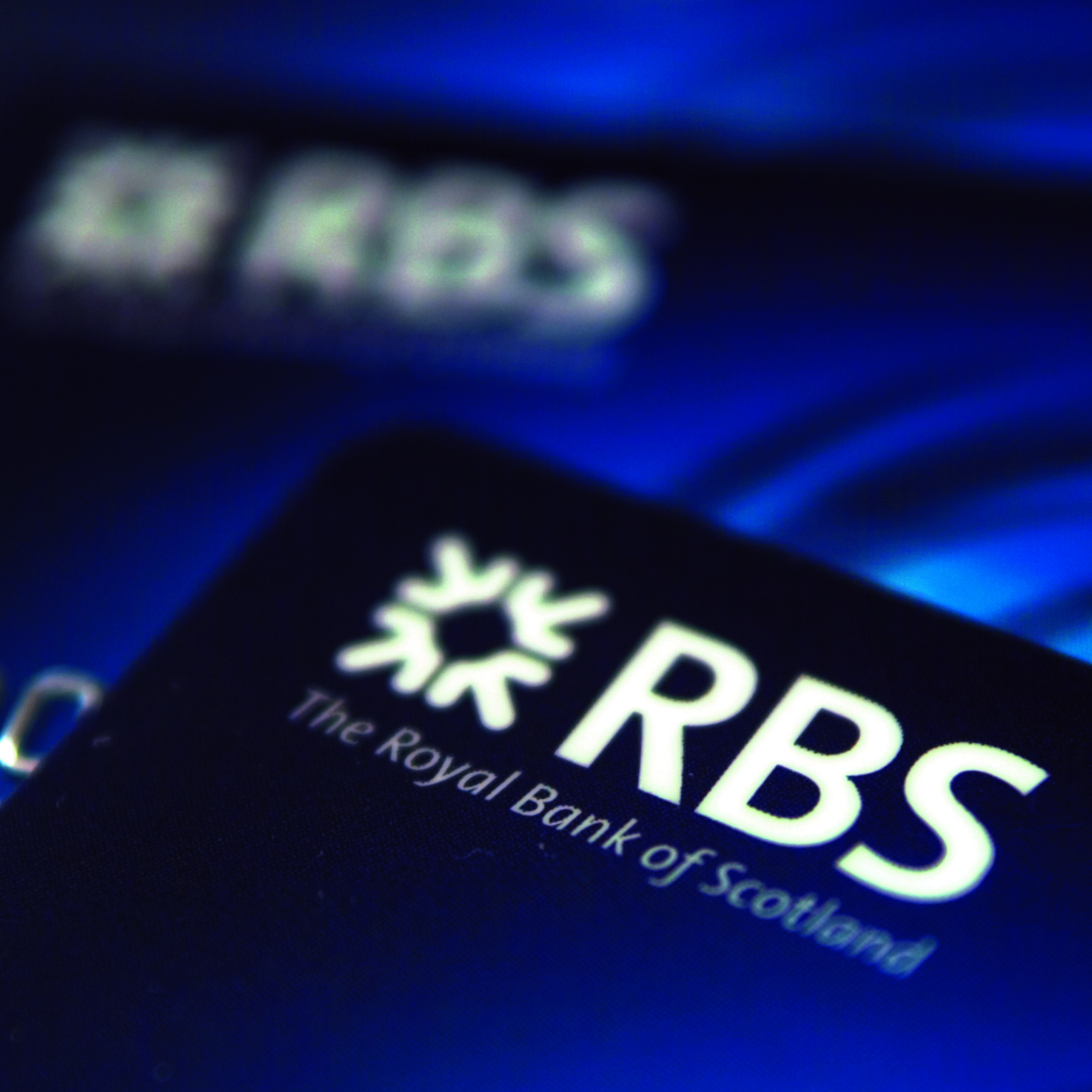Investing
Wednesday newspaper round-up: RBS, Virgin Media, BP…

RBS head of investment banking ‘to step down’; Virgin Media bought by US firm; BP hit by new Deepwater Horizon claim.
Royal Bank of Scotland was today expected to announce that the head of its investment bank, John Hourican, will leave the company and give up rights to around £4m-worth of share options. Hourican had been brought in to rescue the investment arm after the bank was bailed out by the UK government in 2008. A restructuring of the division, which employs 16,000 people, has paved the way for Hourican’s widely-expected departure after more than four years at the helm. [The Scotsman]
The American billionaire known on Wall Street as the “swamp alligator” has confirmed his assault on the British market, announcing a takeover of Virgin Media worth $23.3bn. The deal, which was announced earlier this morning, transforms John Malone’s Liberty Global into the world’s largest cable provider. The US cable giant said the agreement will create “the world’s leading broadband communications company” with 25 million customers in 14 countries. It a statement Liberty Global said the stock and cash merger, subject to shareholder approvals, was valued at approximately $23.3bn dollars (£15bn). The acquisition was expected to cost the American company at least £13bn, including Virgin Media’s £5.5bn of debt. [The Times]
BP has been hit by a new $34bn (£21.7bn) claim for alleged economic losses and punitive damages resulting from the Deepwater Horizon oil spill in the Gulf of Mexico . The latest demand comes from local and southern state governments, including Louisiana and Mississippi, hit hard by the pollution that followed the blowout on the BP-operated Macondo well in April 2010. BP described the methodology for calculating the claims as “seriously flawed” and the oil company said it was confident it would not have to make additional financial provisions. [The Guardian]
Marks & Spencer is planning to open standalone food stores in France after customers in Paris snapped up its British biscuits, jams and ready meals. Marc Bolland, chief executive, told investors at a presentation in Istanbul he had been “encouraged” by food sales in M&S’s two Paris flagship shops and that the British retailer is now in talks with potential franchise partners interested in expanding its Simply Food stores across France.[The Telegraph]
China has pledged to increase minimum wages and force state-owned companies to hand over more of their revenues to the public as part of a push to tackle growing inequality. The chasm between China’s rich and poor is seen by analysts as a significant threat to political stability, with discontent over inequality spilling over into angry online comment and, on occasion, street protests. Unveiling a long-awaited 35-point income distribution plan on Tuesday, the State Council, or cabinet, said it wanted to lift as many as 80m people from poverty by 2015. It pledged to raise minimum wages to 40 per cent of average salaries, boost spending on education and public housing, and force state-owned companies to pay out an additional five percentage points of their revenues in dividends by 2015. [Financial Times]
Britain’s Royal Bank of Scotland is “in limbo” and should have been fully nationalised when it was rescued in the financial crisis, Business Secretary Vince Cable has said. Instead, the present government was saddled with the “worst of all worlds – responsibility without control” of a bank bailed out with £45bn of state money, Cable said in advance extracts of a speech released by his office. Cable, due to make the remarks at a London event, was expressing his exasperation at RBS, 82pc owned by the state but independent of ministerial control under the governance structure managing the state’s investment. [The Telegraph]
Claims management firms last year pocketed £7.4m of the compensation awarded to victims of the PPI mis-selling scandal who turned to the Financial Services Compensation Scheme (FSCS) because the firm they dealt with has gone bust. The FSCS said that consumers have needlessly handed £22m to claims firms since the scandal erupted, with the average person paying £960 of their compensation. In 2012, three-fifths of claims came from managers, despite the fact that consumers can claim direct for free. [The Independent]
Bank chiefs could be forced by the Government to name and shame branch managers who refuse to lend cash to struggling small businesses. Vince Cable, the Business Secretary, will today challenge the banks to publish weekly information about their lending levels – right down to individual branches. And he will warn that ministers are prepared to legislate to require banks to release the information if they fail to do so voluntarily. [The Independent]